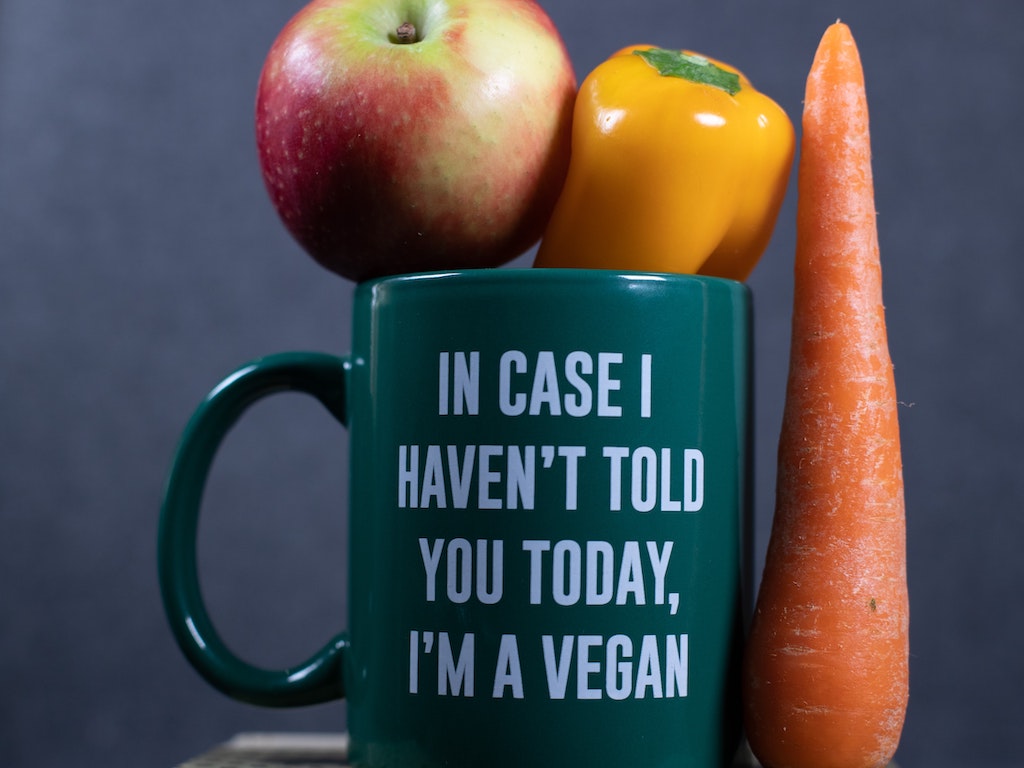3 Mins Read
While veganism might be one of the hottest trends in the world right now, many are still not exactly sure about what it means. To be clear, veganism is a lifestyle that seeks to exclude all forms of exploitation, cruelty and consumption of animals for any purpose, from food to clothing. You might be wondering: what are people confused about when it comes to veganism?
Well, a recent survey by plastic-free, biodegradable and plant-based gum startup Chewsy revealed some of the main myths related to the topic by surveying over 3,700 non-vegans around the world. Here’s what they found.
Myth #1: Going vegan doesn’t save the planet
The most commonly believed misconception about veganism is that it “doesn’t save the planet”, with 77% of respondents in the survey agreeing with the statement. While there are many factors that contribute to our carbon footprint, reducing meat and dairy consumption is considered the single biggest action to take to make a difference as an individual, with animal agriculture driving almost a fifth of the world’s greenhouse gas emissions.
Myth #2: Veganism is expensive
Many non-vegans believe that veganism is an expensive lifestyle to practice, with over 7 in 10 (72%) of the respondents saying so. While it is true that some vegan items such as plant-based meats have yet to reach price parity with conventional meat, many staple vegan foods – fruit, vegetables, beans, grains such as pasta, rice and bread and plant-based proteins such as tofu are non-expensive items.
Myth #3: Vegans don’t eat bread
The third most commonly held misconception about vegans is that they “can’t eat bread”, with as many as 68% of non-vegans surveyed believing the statement. Though some breads that do contain eggs and dairy products are not suitable for vegans, there are many types of bread that are vegan-friendly, from sandwiches to sourdough loaves. Plus, many bakeries are now offering vegan options to meet the growing demand, so there are plenty of vegan brioches, focaccia, bagels and more.
Myth #4: Vegans eat honey
When it comes to honey, many are left puzzled as to why it isn’t actually considered a vegan-friendly item. To be exact, 65% of those surveyed believe that vegans can eat honey. Honey requires bees – without the enzymes that bees release into the nectar that is sloshed around in their bodies, there wouldn’t be any honey. As a byproduct of bees, it is unsuitable for vegans, who exclude all products that are derived from animals.
Read: Why isn’t honey vegan & the dark industry behind commercial beekeeping
Myth #5: Vegans are not healthy
The fifth most common myth about veganism is that it is an unhealthy diet. According to the poll, as many as 61% – more than two-thirds – agree with the statement. This has been refuted by a plethora of scientific evidence, with studies continually showing that plant-based diets are linked to lower risk of cardiovascular diseases and reduced mortality from all causes.
Bonus myths:
While the following mistruths didn’t make it into the top five list, we thought they were worth a mention.
- 5% of non-vegans in the poll thought that vegans can eat meat.
- 16% believed that vegans eat cheese.
- 1% of respondents were under the impression that vegans aren’t allowed to eat bananas.
Read: New Harvard Study Says You Don’t Need Meat, Plant-Based Diet Provides Complete Nutrition
Lead image courtesy of Unsplash.




